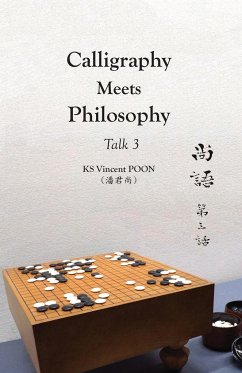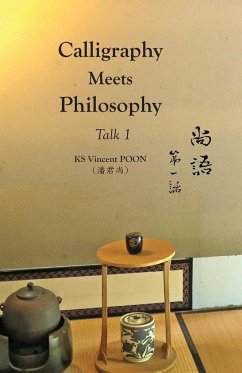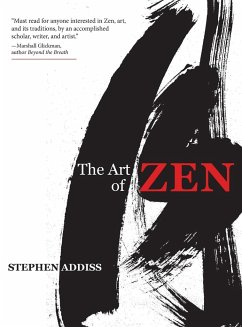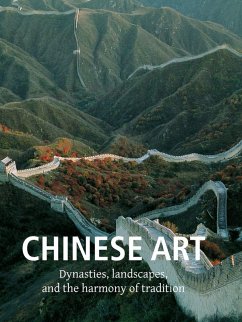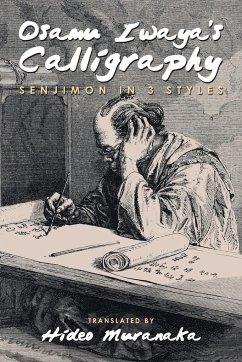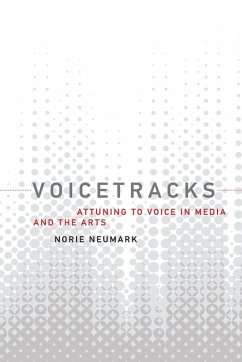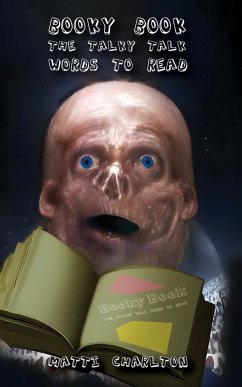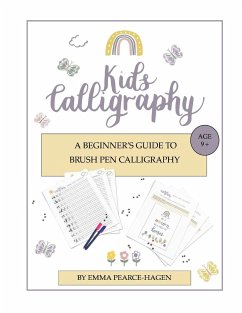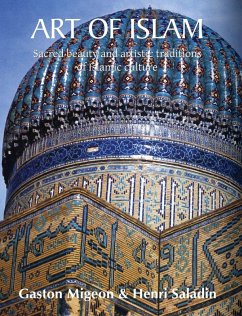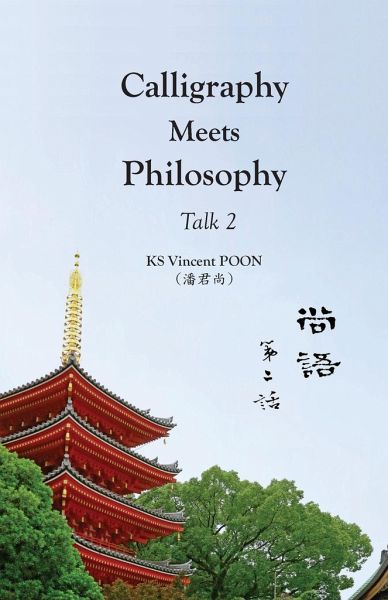
Calligraphy Meets Philosophy - Talk 2
¿¿ ¿¿¿
Versandkostenfrei!
Versandfertig in 1-2 Wochen
10,99 €
inkl. MwSt.

PAYBACK Punkte
5 °P sammeln!
(I) Content is the soul of an artwork. Thus, catching the soul of Chinese calligraphy requires understanding the literary contents. To facilitate this, the Calligraphy Meets Philosophy series presents traditional Chinese calligraphy alongside line-by-line translated texts with remarks and footnotes. As such, it furthers readers' understanding of traditional Chinese thoughts through calligraphy and concise English translations. (II) Calligraphy Meets Philosophy - Talk 2 (¿ ¿¿¿¿¿¿ ¿) highlights some key traditional Chinese philosophical concepts like "Nothingness (¿)", "Form (¿)", "Tra...
(I) Content is the soul of an artwork. Thus, catching the soul of Chinese calligraphy requires understanding the literary contents. To facilitate this, the Calligraphy Meets Philosophy series presents traditional Chinese calligraphy alongside line-by-line translated texts with remarks and footnotes. As such, it furthers readers' understanding of traditional Chinese thoughts through calligraphy and concise English translations. (II) Calligraphy Meets Philosophy - Talk 2 (¿ ¿¿¿¿¿¿ ¿) highlights some key traditional Chinese philosophical concepts like "Nothingness (¿)", "Form (¿)", "Tranquility (¿)", "Ease (¿)", and "Self Enlightenment (¿¿¿¿)". It does so by having calligraphies and translations of selected literary works by Cao Cao (¿¿, 155-220 AD), Zhuge Liang (¿¿¿, 181-234 AD), Yen Shang (¿¿, 1488-1559 AD), Bai Juyi (¿¿¿, 772-846 AD), Li Bai (¿¿, 701-762 AD), The Nun of the Wujinzhan (¿¿¿¿¿¿, ?-?AD), Wuzu Fayan (¿¿¿¿, ?-1104AD), Longya Judun (¿¿¿¿, 835-923 AD), and Kuiji (¿¿, 632-682 AD). The concluding artwork is the calligraphy of the entire Diamond Sutra (¿ ¿¿¿¿¿¿¿¿ ¿) in small standard script (¿¿), followed by a short remark. (III) This book could not have been published without the help of my father, Dr Kwok Kin POON (¿¿¿¿¿). I sincerely thank his priceless advice on my translations throughout the series. His unwavering support and tutelage have always been the chief drivers of my passion for learning and passing on traditional Chinese calligraphy and culture. Knowledge is never pursued alone. KS Vincent Poon August 2023, Toronto



